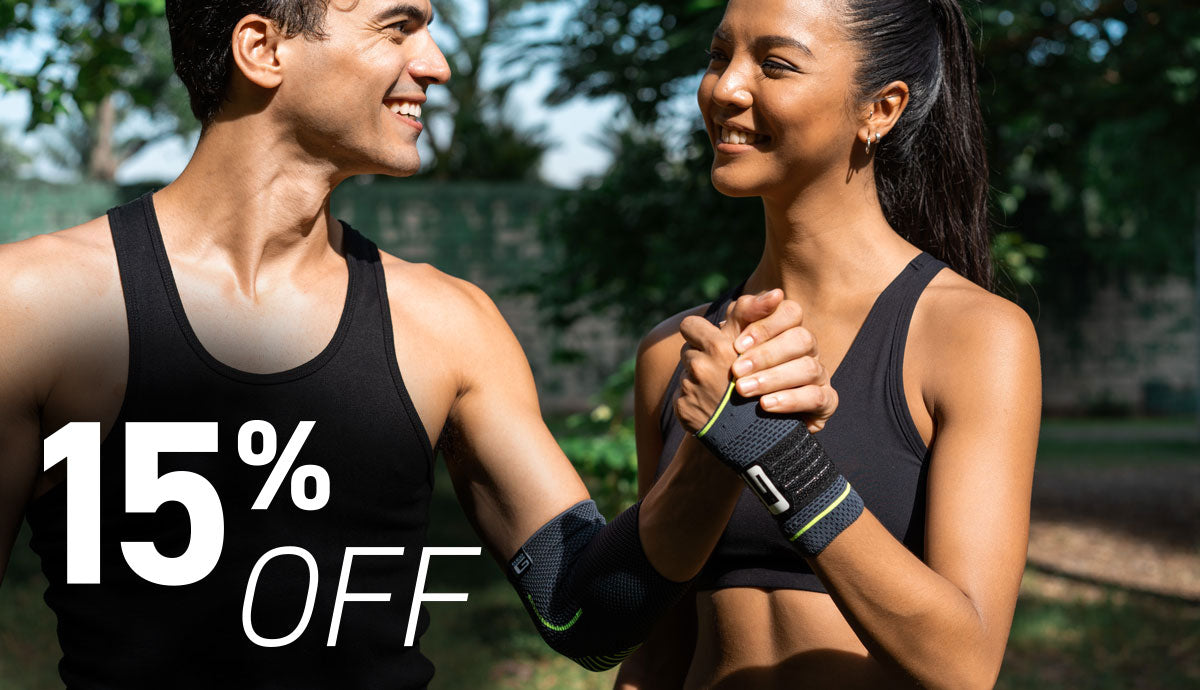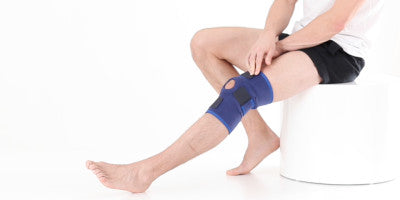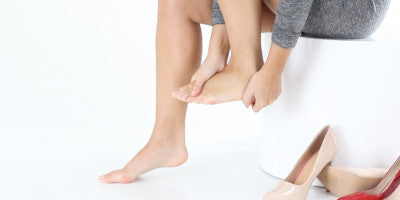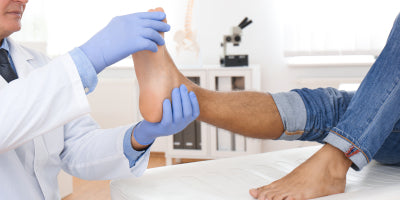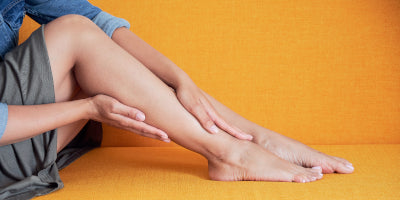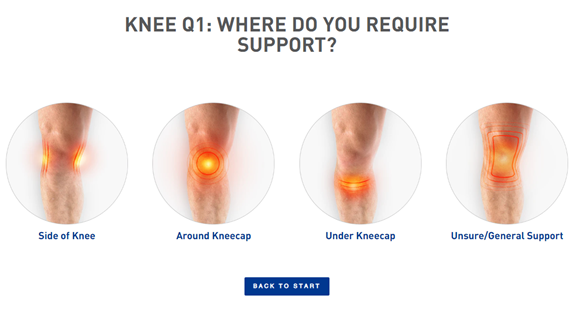What Support Do I Need?

The supports and braces landscape can, at times, be overwhelming. There are many different types of supports and braces, from one-size-fit-most solutions with adjustable levels of compression, to sized knitted sleeve supports that feature Multi-Zone Compression. Some supports and braces offer additional stabilization while others are designed to limit your range of motion all together. If you’re in the position of needing a medical device for support during rehabilitation from an injury, surgery or due to an ongoing condition, we’re here to help. You should always seek advice from your physiotherapist, GP or doctor, before selecting a support or brace. In addition, the use of supports and braces should also be in tandem with a physiotherapy-led rehabilitation programme, rather than as a standalone option.
Choosing the right support for you
When it comes to finding the right support for your needs, there are a number of things you should consider. Firstly, where does it hurt? This may seem like a simple question, and the first part of it is, knee pain may indeed require a knee support! However, being specific, such as clearly needing support for your patella, can make a big difference to what product you may need. So, if your knee is the problem area, ask yourself, where in the knee do you require support?
Another thing to consider is what will you be using the support for? This ties closely with where in your rehabilitation journey you are. For instance, if you have just received a diagnosis from a medical professional or have just had surgery, you will be at the start of your rehabilitation journey compared to if you are long into your recovery and just need a little extra support for lingering weakness or to prevent reinjury. Here, the support level we assign to our products becomes relevant. Our products range from mild to firm support and products best suited for helping at the start of the rehabilitation journey will have a firmer support level, while products aiming to just add a little extra support will, of course have a milder support level.
To build on that point, your position within your rehabilitation journey, or if you suffer from a specific condition, will also highlight some specific features that you may need. For example, you may need to restrict movement. If you suffer from Carpal Tunnel Syndrome, for example, you will want a brace that prevents you from flexing your wrist joint.
Swelling can also be an important factor to consider. If you have significant swelling, a sized sleeve support may not be the ideal solution as they may not fit over the swollen area. Similarly if your swelling reduces significantly following activity you may find that the sized sleeve no longer offers the correct level of support to the injured area. In this case, a one-size-fits-most solution could offer benefits as it can be adjusted as the swelling goes down.
How you intend to use your desired support will also be key in your choice. If a support is needed for use during sport it might be a good idea to choose one made from a breathable material or you may just need everyday support that can be worn under clothes as you go about day to day activities.
Neo G Product Selector
We’ve devised a tool to help you narrow down your options when in the market for a support or brace. Our simple tool helps you answer these questions and recommends the products that fit best with your choices. You simply click on the area you require support, answer a few brief questions and then view our recommended products.
Try it for yourself!
Click here to go to question one for our knee supports.
Click here to go to question one for our wrist & thumb supports.
Click here to go to question one for our ankle supports.
Click here to go to question one for our elbow supports.
Click here to go to question one for our back supports.
Click here to go to question one for our foot products.
Need more support or advice for a specific condition? Try looking in our Help & Advice section for information on specific injuries and conditions.
This product selector has been designed to work supplementary with advice from your physiotherapist, GP or doctor, and should not replace advice from them. The content on this website is provided for general information and reference purposes only and is not intended to substitute for advice given by a physician, pharmacist, or other licensed health-care professional. You should not use this information as self-diagnosis or for treating a health problem or disease. All exercises and information featured on this web site should only be reviewed/practised under the supervision of a qualified healthcare professional. Products suggestions linked to injuries may be provided on the site but you must always refer to the product page for full product details and always consult a physician before use as the indications outlined may not always be relevant to your particular injury/condition.
